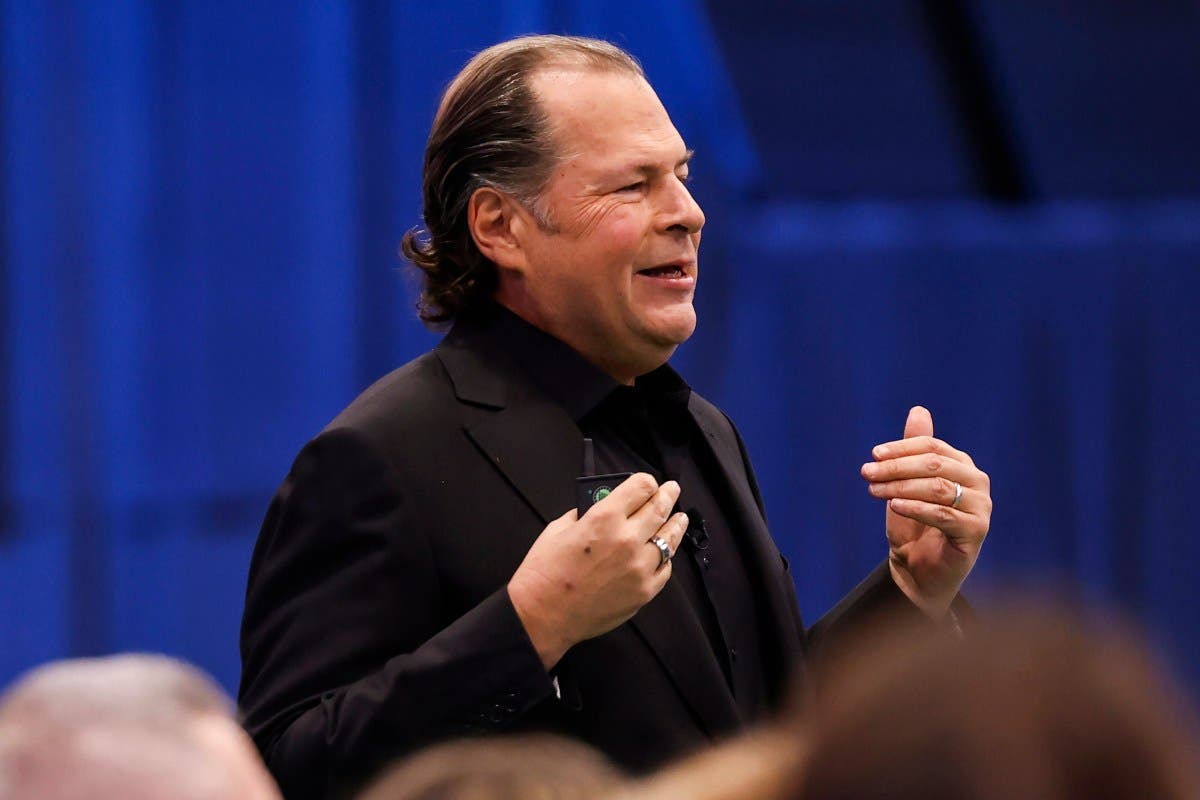UPDATE: In a decisive move, Salesforce has unveiled a comprehensive employee retraining strategy aimed at addressing growing fears of job loss due to AI advancements. This initiative comes on the heels of significant layoffs from tech giants like Amazon and Microsoft, raising concerns across the workforce as companies restructure despite reported growth.
Salesforce’s CEO has made it clear that the company is not hiring junior engineers and is reducing its customer service staff, prompting urgent action from the leadership team. Ruth Hickin, Vice President of Workforce Innovation at Salesforce, stated, “Salesforce firmly believes that an AI transformation is fundamentally human, and we need to help our talent and our business keep up with the pace of change.”
Earlier this month, Salesforce released a Workforce Innovation Playbook, enhancing its internal Career Connect platform aimed at empowering employees with essential skills. This platform, which launched at the end of last year, provides tailored guidance for leadership tracks, side projects, and gig opportunities across teams.
“We launched it with the concept of career mosaics. Don’t just think of your career as a linear path,” Hickin explained. This initiative allows for skill assessments that help employees pivot to new roles, such as a recent success where a talent lead transitioned to cybersecurity by leveraging existing skills.
Salesforce is also adapting to significant changes within customer service. The company has noted a tremendous shift in job roles as customer service representatives evolve, with Hickin confirming, “Customer support is where we have seen probably the biggest change in jobs in the short term.” To address these changes, Salesforce has developed a formal training program for customer service architects, a new position emerging from this transition.
“They were basically one-day trainings with the technical support engineers; they qualified to be architects and were able to apply for those roles directly,” said Jenny Simmons, Vice President of Enterprise Learning.
Moreover, the role of sales development representatives (SDRs) is also changing. Hickin noted that while the need for SDRs remains, their capacity to perform tasks is significantly increasing due to AI augmentation.
Salesforce has identified the top 10 skills critical for success in an AI-driven future, encompassing a blend of business, human, and AI agent skills. Simmons emphasized the importance of these skills, stating, “Through the platform, we pushed those skills out to everyone to assess where they are and also give them tailored learning pathways to upskill.”
Currently, 76% of Salesforce employees are utilizing the Career Connect platform, which has shown a marked increase in awareness of internal career opportunities. Hickin revealed, “We know that the demand is there, and we saw our scores in our internal survey go up immediately in terms of people understanding where their career opportunities are.”
As Salesforce continues to navigate the evolving job landscape, the urgency of this retraining strategy highlights the company’s commitment to supporting its workforce through significant industry changes. This proactive approach not only addresses immediate concerns but also prepares employees for a future where adaptability is key.
Stay tuned for further updates as Salesforce implements these strategies to reshape its workforce in the face of AI transformation.
